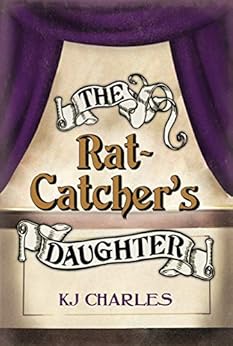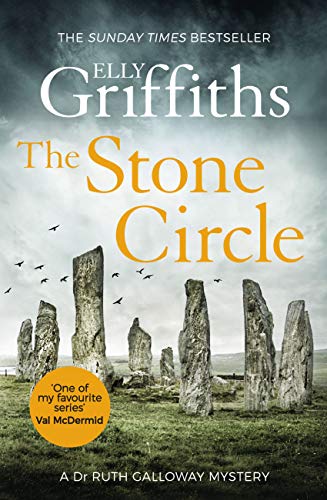"Gawdstrewth!" cried Bunter. The mask came off him all in one piece, and nature, red in tooth and claw, leapt like a tiger from ambush. "Gawdstrewth! Would you believe it? All his lordship's vintage port!" He lifted shaking hands to heaven. "You lousy old nosy-parking bitch! You ignorant, interfering old bizzom! Who told you to go poking your long nose into my pantry?" [p. 311]
Having reread and re-enjoyed Gaudy Night -- and discovered that a number of Sayers' novels are available in the public domain, i.e. for free -- I decided to reread the final book in the Wimsey sequence. Here, Lord Peter marries Harriet Vane and they honeymoon at Talboys, the glorious country house that Peter has bought for Harriet. Unfortunately, the house has not been made ready for their arrival, and there is a corpse in the cellar. But how? and why?
The scenes between Peter and Harriet are delightful: they are still establishing and negotiating the terms of their relationship. However, the rest of the book felt incredibly snobbish to me. Most of the local people are portrayed as ignorant and stupid, and their dialogue is transcribed phonetically: ""'Ere, Polly, don't you know better 'a to go about with a chap wot speckilates?" [p. 223] There are several scenes where a working-class individual needs to be reminded of their place: ""Bunter—you've got some beer in the kitchen for Puffett."...Mr. Puffett, reminded that he was, in a manner of speaking, in the wrong place ..." [p. 380]. And working men don't deserve courtesy: when a suspect tries to thank Lord Peter for clearing his name, he's told to "Buzz off now like a good chap." [p. 423].
(On the bright side, we get to see what it takes for Bunter, Lord Peter's valet, to lose his temper and his upper-crust veneer ...)
Incidentally, I came across George Orwell's review of Gaudy Night, in which he says "By being, on the surface, a little ironical about Lord Peter Wimsey and his noble ancestors, she is enabled to lay on the snobbishness ('his lordship' etc.) much thicker than any overt snob would dare to do". [via Wikipedia]. Perhaps there's not enough irony here: or, in this decadent age, I am unable to detect it.
The murder mystery itself is sordid and cruel, with blackmail, a middle-aged woman being led astray and a character experiencing suicidal despair. Of course, the shadow of the gallows looms large in any murder case of the period: the stakes are rather higher than in the present day.
Despite the growing accord -- and deep philosophical interrogations -- between Peter and Harriet, I came away from this novel in a sour and cynical mood. I don't remember this snobbishness in earlier novels in the sequence, so perhaps I'll return to one of those.


































